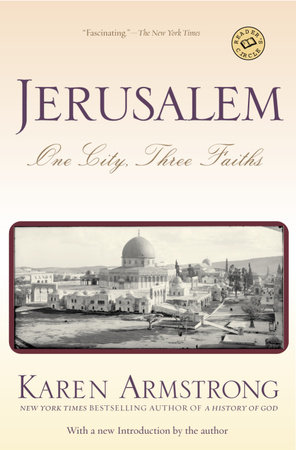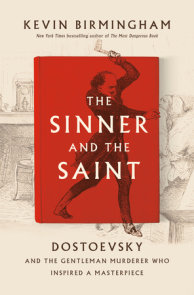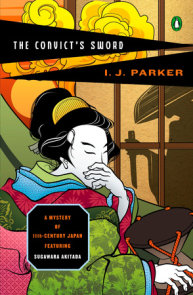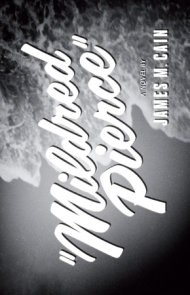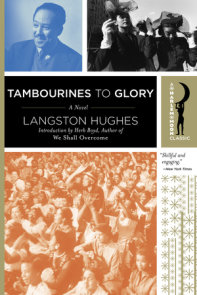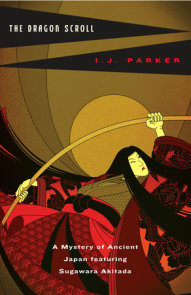READERS GUIDE
Questions and Topics for Discussion
1. Has reading Jerusalem changed the way you view the city or any of the three faiths that claim it as their own? In what way?
2. Given the passion aroused by Jerusalem’s sacred sites, do you think it is possible for a practicing Jew, Christian, or Muslim to view the city objectively? Do you think that Armstrong views it objectively?
3. Have you ever experienced a place as “holy” or “sacred”? If so, what was that experience like? What sort of thoughts and feelings did you have?
4. In the book’s introduction, Armstrong defines mythology as “an ancient form of psychology.” What does she mean by this and do you agree with her definition?
5. Compassion is central to the doctrines of Judaism, Christianity, and Islam, and yet has been sadly missing throughout Jerusalem’s history. Why do you think this is so?
6. Since social justice and peace are central to the ideal of a “holy city,” can Jerusalem—given its violent history—truly be regarded as “holy”?
7. After reading Jerusalem, do you think that one faith lays a greater claim to the city than the others? If so, which one and why?
8. “Suffering does not necessarily make us better, nobler people. All too often, quite the reverse,” writes Armstrong. Nonetheless,we have many cultural myths about how suffering has the power to soften the hardest heart. In your opinion, which of these opposed viewpoints is more “true”?
9. For centuries, Jews did not consider the Western Wall to be sacred. Christians did not develop a devotion to the Stations of the Cross until the early 1600s. Only 150 years after the Prophet’s death did Muslims claim that Muhammed ascended to heaven from the Dome of the Rock. In short, these sites were not originally regarded as holy, but only became so later in history through a sort of general consensus of the faithful. Does this surprise you? Does it change the way you view the world’s sacred sites? How?
10. Armstrong believes that there is a deep human need to regard certain sites as holy or sacred, even in the modern era. Do you agree?
11. Throughout Jerusalem’s history, construction was used as an “ideological weapon,” “a means of obliterating the tenancy of the previous owners,” writes Armstrong. Do you think that this has been true in other places as well? When and where?
12. For all of Jerusalem’s dishearteningly violent history, there have also been long periods when Jews, Christians, and Muslims lived peacefully side by side. Today, that is decidedly not the case. How much do you think this change has been due to the creation of the state of Israel and how much to the tension among the faiths that has been growing for the last few centuries?
13. In ancient times, pilgrims visited Jerusalem to “see” God in the holy sites. In modern times, pilgrims—and especially Christians—visit Jerusalem to see historical evidence that “proves” their faith. Yet, as Armstrong writes, archeology provides no clear answers. In light of this, can ours truly be called a more rational age or has one set of beliefs simply been replaced by another?
14. “Zionism would be a secular movement, inspired for the most part by Jews who had lost faith in religion,” writes Armstrong. Does this statement surprise you? Do you agree with it?
15. In late 1996, Armstrong wrote: “As of this writing, the prospect of peace looks bleak.” Do you think that Jerusalem’s prospect for peace has improved, deteriorated, or remained more or less the same since then?
16. Have you visited Jerusalem? Are you more or less likely to visit—or return to—the city after reading the book?







